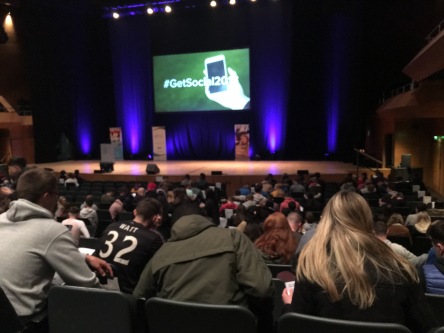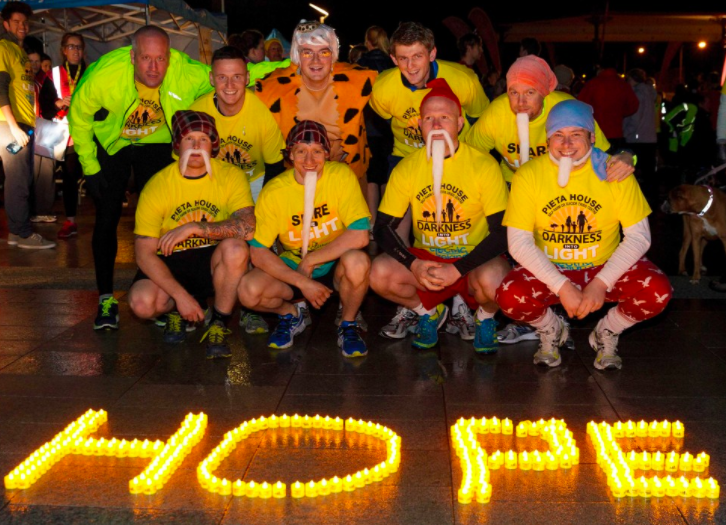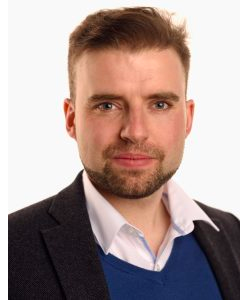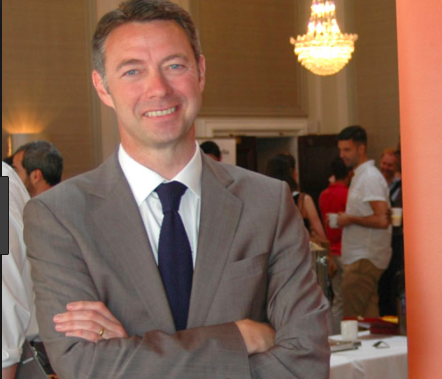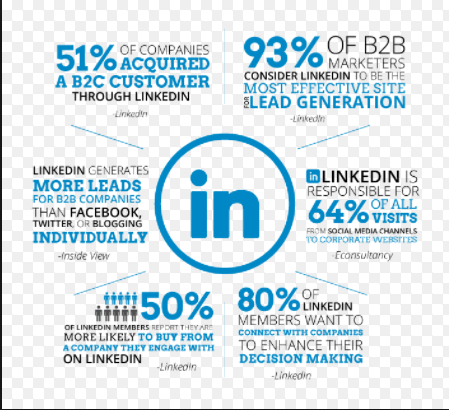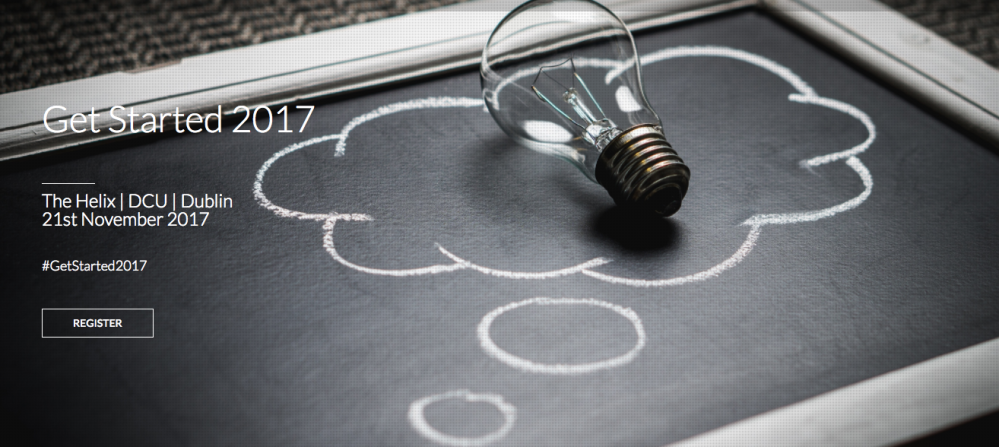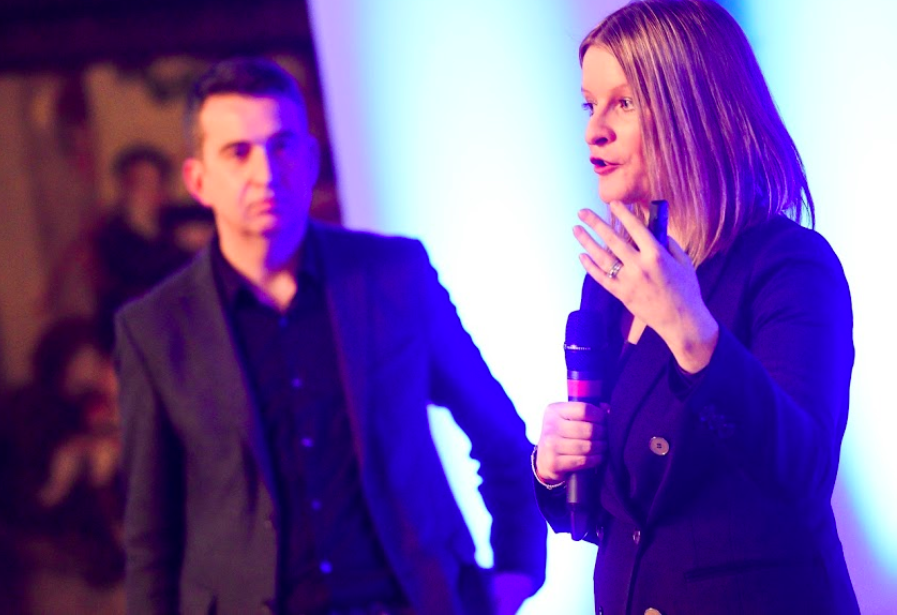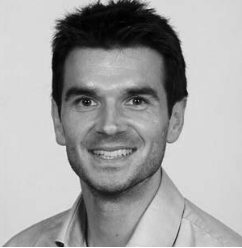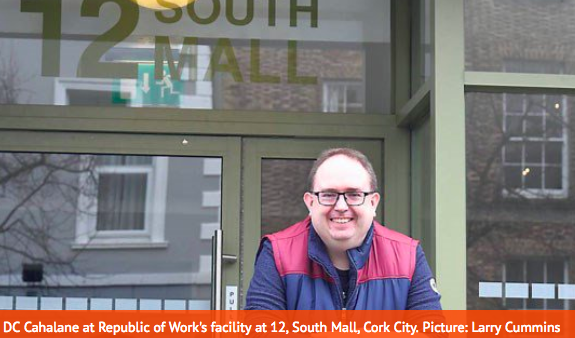The world of A.I. has both its challenges and benefits

Two weeks ago I attended the final installment of the conferences for D.I.C.E, called GetDigital 2018. This conference dealt with the many advantages and disadvantages in the world of Artificial Intelligence. The Conference took place on the 10th of April in the Helix in Dublin City University. We had only two speakers at this Conference as we had to present the D.I.C.E gamification project that we had been working on over the year to academic staff and industry experts before the Conference. The speakers for GetDigital 2018 included Clare Dillon ( previously worked with Microsoft ) and Conor Cullen (Project Manager in IBM Waston Health). Clare spoke to us about the many bad things that can go wrong in A.I. and gave us tips on how to be ethical in A.I. & Conor spoke to us about all the good work being done in A.I.
The Dangers of Artificial Intelligence according to Clare Dillon:

Source: Clare Dillon|LinkedIN
Clare was our first speaker of two at the GetDigital Conference. A little background on Clare, up to six months ago, Clare worked for Microsoft for nine years. One of her main roles in Microsoft was working with developers. She was also a key member of the Microsoft Ireland Leadership Team for 8 years, during which Microsoft transformed from a software product to a cloud service organization. Clare has over 20 years’ experience in Leadership Development, Business Strategy, and Technology Evangelism. ( Clare Dillon/LinkedIN, 2018)
Clare spoke to us today about the potential hazards of Artificial Intelligence and how we can avoid these from happening. Such potential hazards she spoke about include: not using A.I. in the right scenario, lazy algorithms can introduce bias, not testing for diverse customer scenarios, failing to prevent malicious use, training datasets can be biased and unintended uses of A.I.
Tips for Ethical AI:
Clare gave us some great tips on how to use A.I. ethically and in a responsible way. She split up her tips into four separate headings: (1) Tips for Planning (2) Tips for Getting Started (3) Tips for Building (4) Tips for After Launch. I thought Clares tips were excellent as they were clear and concise.
Tips for Planning:
- Decide where you are on the Ethical Continuum.
- Connect AI Implementation to a valid business case – Why, What, Where, When…
- Determine measures of Success & Failure.
- Determine whether to use Open A.I.
Tips for Getting Started:
- Hire a diverse team.
- Educate yourself and your team.
- Build a risk mitigation Plan (think of them ahead of time)
Tips for Building:
- Track Datasets.
- TEST!! Check by means of a DDD Test which is made up of “Dumb test”, “Despot Test” and the “Doomsday Scenario”.
Tips for After Launch:
- Keep testing
- Monitor Usage Scenario
- Be Transparent as by telling us the consumers where its weaknesses are and where its strengths are.
Conclusion:
I found Clares’ presentation to be very good, even though she spoke about the possible dangers/hazards of A.I, she still believed AI has an important role in our future only if we use it correctly and efficiently. The tips/ advice Clare gave us about how to act in an ethical manner when using A.I. was excellent. They were very clear and concise & were easy to understand. According to Adobe, jobs requiring A.I. has increased 450% since 2013, that is HUGE! (Towards Data Science, 2018) This just shows how the world around us is changing, new types of jobs are being created every day due to advances in such areas as A.I. Clares’ tips might be important for me in the future as I might be working in a field that may require interaction with A.I.
An Optimistic view of A.I. by Conor Cullen:
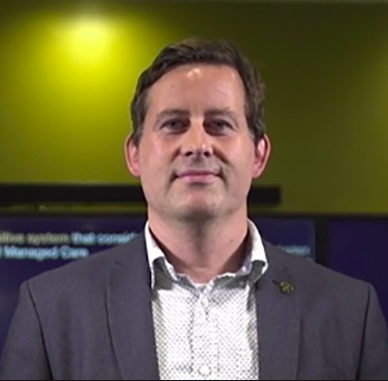
Source: ( 2018.NC4.ie)
Conor Cullen was our second and final speaker of the day at the Get Digital Conference. A little background on Conor, he is currently the A.I. Product Development Manager at IBM Watson Health since June 2016. Some of his roles at IBM Watson Health include Identifying opportunities to improve customer experience across products with Artificial Intelligence technologies & Leading multi-disciplinary teams of engineers, researchers and business experts developing demonstrable solutions on the transformative impact of A.I. (Conor Cullen|LinkedIN, 2018)
Conor spoke about the many benefits A.I. systems will have on the healthcare system like Casual Intelligence, which is making software a little more smarter, a little more transparent and a little more easier to use. The outcome of casual intelligence on the healthcare system is that solutions get better. At the start of the presentation, Conor reiterated what Clare had said about the hazards of A.I. but he believed that if we use them correctly that these hazards can be avoided. During the presentation, he spoke about the 3 key principles that IBM Waston Health bring to all projects, they are (1) Purpose- it has to have a purpose and help humans.(2) Transparency- enhance the firms business model (3) Skills- it has to allow individuals that are using it to acquire new skills He finished up the presentation by pointing out that A.I. has one aim and that is to lead to a better outcome for individuals.
Mundane Tasks left to A.I.:
Conor spoke about how IBM Waston Health was making systems that would take care of mundane work such as admin work (Waston Care Manager). This meant humans could concentrate on the tasks which we are good at. This would free up more time for humans to complete these tasks which then means they will be able to help more people as they are not stuck doing the mundane tasks.
Narrow A.I. is what IBM is working on:
IBM Waston Health is working on Narrow/ Weak A.I. which is using A.I. in a specific field where you are looking at it to solve a specific problem such systems that you would know of that does this is Google Translate and driverless cars.
Conclusion:
I thought Conor spoke very well about how the world of A.I. has its many benefits to humans such as leading to a better outcome for individuals and doing all the mundane/ admin jobs. I really enjoyed listening to Conor, as it has allowed me to believe that there is a positive future in the world of A.I. and that maybe one day I could be making an impact on society by working on one of these A.I. systems.
My Experience and Learning from this Conference:
Again I have learned a great deal from this conference about the world of A.I. and about its many hazards and benefits. I have taken away some great advice on how to ethically use an A.I. system that I may be able to use in the future if I am lucky enough to work on one of these exciting systems
As this is going to be my last blog, I would like to thank you for reading my blogs over the last couple of months and I hope you enjoyed reading them as much as I have enjoyed attending the conferences. If you have any questions about this blog, please feel free to Contact me.
Bibliography :
- Clare Dillon| LinkedIN (2018). Available at: https://www.linkedin.com/in/claredillon/ [Accessed 25 Apr. 2018].
- Towards Data Science. (2018). 15 Artificial Intelligence (AI) Stats You Need to Know in 2018. [online] Available at: https://towardsdatascience.com/15-artificial-intelligence-ai-stats-you-need-to-know-in-2018-b6c5eac958e5 [Accessed 25 Apr. 2018].
- Conor Cullen| LinkedIN (2018). [online] Available at: https://www.linkedin.com/in/cullenconor/ [Accessed 25 Apr. 2018].
- 2018.nc4.ie. (2018). NC4 is under construction. [online] Available at: http://2018.nc4.ie/speaker/conor-cullen/ [Accessed 25 Apr. 2018].
